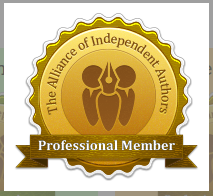|
During my writing career I've come across readers who say they hate prologues. This baffles me, because they're part of the story - why dislike them, if the novel is a good read? As an author, I believe prologues fulfil several useful roles, and I've used them in my books when appropriate. Let's examine why prologues can enhance a novel. Uses of prologues: 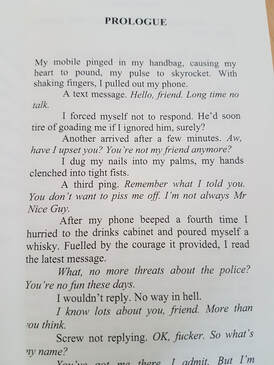 The prologue from my novel 'Deception Wears Many Faces'. The prologue from my novel 'Deception Wears Many Faces'.
So why do people dislike prologues? |
| Everyone experiences a book differently. We build up a picture in our heads of the characters based on the information the author gives us and on our own experiences and perceptions - it's a unique experience for every reader. The average book would take the average reader 9-12 hours to read cover to cover non-stop. The average movie is between 2 and 3 hours long. That's a big difference. When a book is adapted for the screen it goes through a major rewrite. A skilled screenwriter can do a reasonable job of keeping the essence of the book, but it'll never be quite the same. At worse, the book is changed so radically for the screen that it becomes unrecognisable. |
Movies are a visual feast...
The actors cast in the roles of the characters can also alter the feel of the story. Take 'Interview with a Vampire', for example. I must admit, I did love the film, but predictably I enjoyed the book more and was a big Anne Rice fan as a consequence. Never in a million years did I picture Brad Pitt and Tom Cruise as Louis and Lestat. Both actors were brilliant, but it tarnished the sheen the book had left me with and altered my perception of the original story. Movies are a visual and auditory feast and a shared experience. You can talk about a movie and adopt catch phases with your peers in a way that you rarely can with books. After a few of us at work went to see 'American Hustle', the office microwave is now forever known as the science oven!
Imitation is the highest form of flattery
My ultimate dream is to have the Sheridan and Blake series made into movies, and in my head my hero Tom Sheridan would be played by Clive Owen and my heroine, Sasha Blake, by Kate Winslet. Imitation is the highest form of flattery. I love movies, I really do. It's difficult to eat popcorn when you're reading a book! My advice? Read the book first, and when the movie comes out, try to think of them as two different stories that happen to have the same title.
More about Amy Morse
| Amy Morse, writing as Amy C. Fitzjohn, is a writer, enterprise coach and entrepreneur. She is a business trainer by day and performer of random acts of creativity by night. She describes herself as 'finding inspiration in the everyday, creating something from nothing and enabling others to do the same'. Amy has always had a passion for stories. She is the author of the Sheridan and Blake series, and you can find out more via Amy's website, which is www.amycfitzjohn.co.uk, or via the image links below. |
More about the Sheridan and Blake Series
Bristol-based archaeologist, Dr Sasha Blake, is recruited by a covert organisation specialising in the repatriation of stolen antiquities from the black market - The Agency.
Partnered with Tom Sheridan, a man from her past, they must deal with their tumultuous relationship and learn to trust each other.
Together, Sheridan and Blake embark on an increasingly hostile mission to locate a stolen artefact - a mysterious bronze box, the keys to the box and an ancient manuscript needed to open it.
In this international conspiracy that spans the ages, told over four books, they must find the artefacts before a ruthless criminal, known only as The Libyan. Click or tap the images for more information (affiliate links):
Partnered with Tom Sheridan, a man from her past, they must deal with their tumultuous relationship and learn to trust each other.
Together, Sheridan and Blake embark on an increasingly hostile mission to locate a stolen artefact - a mysterious bronze box, the keys to the box and an ancient manuscript needed to open it.
In this international conspiracy that spans the ages, told over four books, they must find the artefacts before a ruthless criminal, known only as The Libyan. Click or tap the images for more information (affiliate links):
Thank you, Amy!
Thank you, Amy! I couldn't agree more that a miscast actor can ruin a film. There can be exceptions, though. For instance, I found it hard to believe that Tom Cruise, not the tallest actor around, was cast as 6' 5" Jack Reacher in the film of the same title. Somehow, it worked for me, but I suspect only because at the time when I saw the film, I'd not yet read any of Lee Child's Reacher novels. And Tom Cruise is a good actor, in my opinion.
What do YOU think?
Have there been any books that have been spoiled for you by the movie version? Or vice versa? Leave a comment and let me know!
For some, there's nothing like a real book
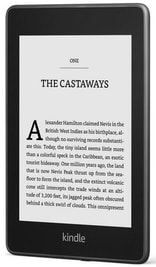
Ah, the pleasures of reading...
'I get how convenient e-books are,' a friend told me recently. 'But there's nothing quite like snuggling up with a real book, is there?' She's not alone. Since I started publishing novels, I've lost count of the number of people who have told me they prefer to hold an actual book in their hands as opposed to a tablet or e-reader.
Personally, I'm happy to use both. I have a Kindle as my chosen e-reader device. I love it, but I also read hardbacks and paperbacks borrowed from my local library. I believe our free book borrowing system is amazing, so I'm keen to support it, and there's also an ever-growing range of e-books available from them as well.
'I get how convenient e-books are,' a friend told me recently. 'But there's nothing quite like snuggling up with a real book, is there?' She's not alone. Since I started publishing novels, I've lost count of the number of people who have told me they prefer to hold an actual book in their hands as opposed to a tablet or e-reader.
Personally, I'm happy to use both. I have a Kindle as my chosen e-reader device. I love it, but I also read hardbacks and paperbacks borrowed from my local library. I believe our free book borrowing system is amazing, so I'm keen to support it, and there's also an ever-growing range of e-books available from them as well.
Ebooks, defend your corner!
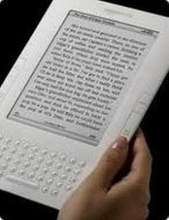
So why are e-books so popular? Let's look at the advantages.
1. Immediate gratification. In a world where change is occurring at an increasingly fast pace, e-books provide near-instant enjoyment. With Amazon's 'one click' facility, it's a matter of seconds to get the latest blockbuster on your Kindle.
2. Portability. E-readers and tablets can hold thousands of books, great for travelling. It takes seconds to add or delete books, and it's a doddle to move them between devices.
3. E-readers are customisable. Need to read in a larger font? Simple. Like to make notes you can erase later? Easy-peasy. Want to read in bed at night but your partner is asleep beside you? No problem - simply activate the built-in light on your Kindle or Nook.
4. Price. The price of most full-length novels on Amazon UK is around the £3 mark. Paperback novels tend to retail at £8 or £9. E-books have made reading far cheaper and often free. The advent of Amazon's Kindle Unlimited programme has helped boost ebook reading.
1. Immediate gratification. In a world where change is occurring at an increasingly fast pace, e-books provide near-instant enjoyment. With Amazon's 'one click' facility, it's a matter of seconds to get the latest blockbuster on your Kindle.
2. Portability. E-readers and tablets can hold thousands of books, great for travelling. It takes seconds to add or delete books, and it's a doddle to move them between devices.
3. E-readers are customisable. Need to read in a larger font? Simple. Like to make notes you can erase later? Easy-peasy. Want to read in bed at night but your partner is asleep beside you? No problem - simply activate the built-in light on your Kindle or Nook.
4. Price. The price of most full-length novels on Amazon UK is around the £3 mark. Paperback novels tend to retail at £8 or £9. E-books have made reading far cheaper and often free. The advent of Amazon's Kindle Unlimited programme has helped boost ebook reading.
Let's hear it for physical books!
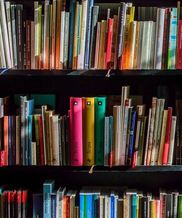 Aren't books beautiful?
Aren't books beautiful? It's reassuring to note there's still a gratifying rise in the sales of actual books as well. So what makes so many people love snuggling up with a physical version of their chosen read?
1. Ah, the pleasure of a brand-new book! Many people give this as a reason for preferring paperbacks and hardbacks to e-books. There's something incredibly sensual about holding a new book purchase, smelling its pages and feeling the smoothness of the cover beneath one's fingers. How can an electronic version compete? Straight answer - it can't. Set beside their physical counterparts, e-books appear somewhat homely at best. And doesn't a well-stocked bookcase add something wonderful to a room?
2. Whilst textbooks are becoming increasingly digital, there are some books that undoubtedly do better in physical format. Cookery books, for one, with their glossy pages full of photos of wonderful culinary delights, look much better in a physical format. So do the types of books destined for life on the coffee table - exotic travel tomes, photographic books and the like - against which digital versions can't as yet compare.
3. For me, it's easier to flip backwards and forwards in a physical book. I can skim through the pages of one really quickly with my fingers. Not so with an e-book using the content/search facilities on my Kindle - sure, I can do it, but it takes longer.
4. Finally, plenty of people are technophobes. I'm not, but I do know a few! They're simply not comfortable with using electronic devices for reading.
1. Ah, the pleasure of a brand-new book! Many people give this as a reason for preferring paperbacks and hardbacks to e-books. There's something incredibly sensual about holding a new book purchase, smelling its pages and feeling the smoothness of the cover beneath one's fingers. How can an electronic version compete? Straight answer - it can't. Set beside their physical counterparts, e-books appear somewhat homely at best. And doesn't a well-stocked bookcase add something wonderful to a room?
2. Whilst textbooks are becoming increasingly digital, there are some books that undoubtedly do better in physical format. Cookery books, for one, with their glossy pages full of photos of wonderful culinary delights, look much better in a physical format. So do the types of books destined for life on the coffee table - exotic travel tomes, photographic books and the like - against which digital versions can't as yet compare.
3. For me, it's easier to flip backwards and forwards in a physical book. I can skim through the pages of one really quickly with my fingers. Not so with an e-book using the content/search facilities on my Kindle - sure, I can do it, but it takes longer.
4. Finally, plenty of people are technophobes. I'm not, but I do know a few! They're simply not comfortable with using electronic devices for reading.
What's your preference? Ebook or actual?
So what's your stance on the e-book versus actual book debate? Are you one of the many people who savour the feel and smell of a real book in their hands, something which will grace their bookshelves and hallmark them as a bookworm? Or do you love the convenience and cheapness of e-books, loading your e-reader or tablet up with the latest bargains as they hit the digital shelves? Maybe you're like me, mixing the tangible with the digital as it suits. Leave a comment and let me know!
Categories
All
Author Interviews
Book Reviews
Let's Discuss!
Sundry
The 'Five' Series
The Writing Process
Subscribe to my blog!
Via Goodreads
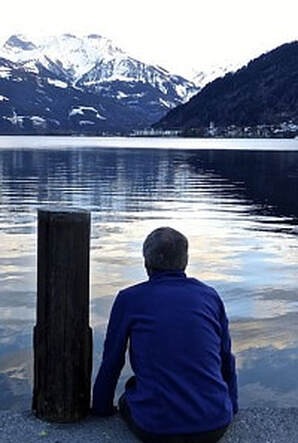
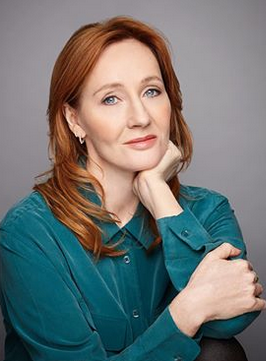
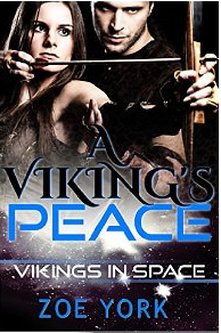
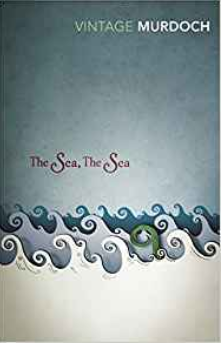
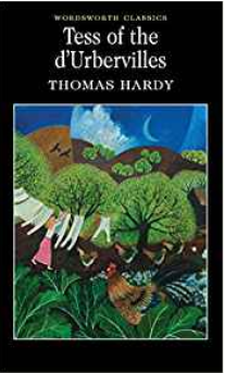
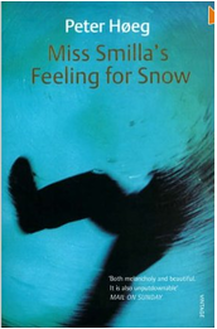
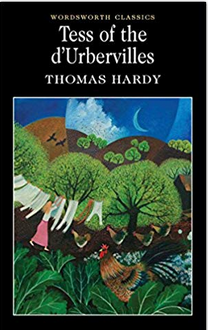
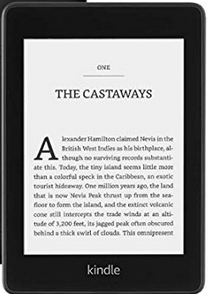

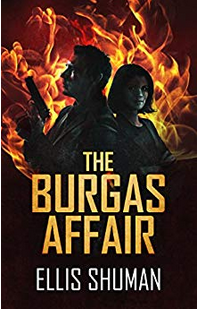
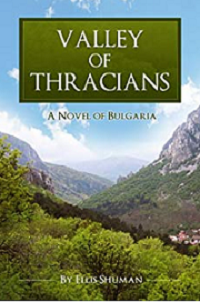

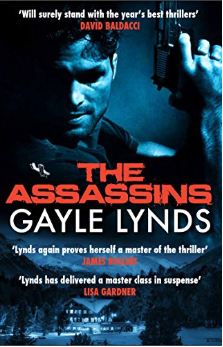
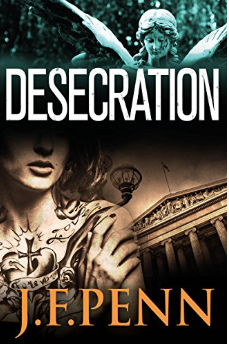
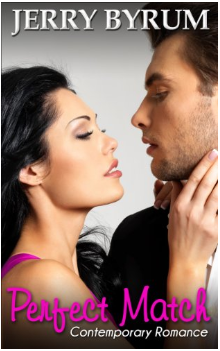
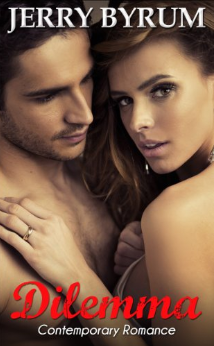
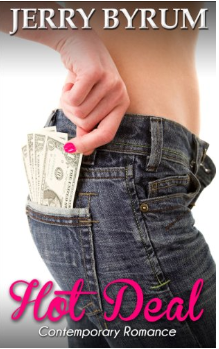
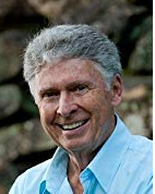
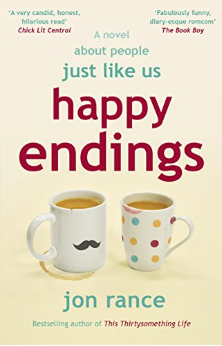
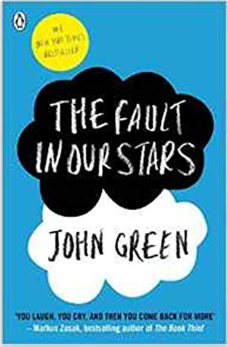
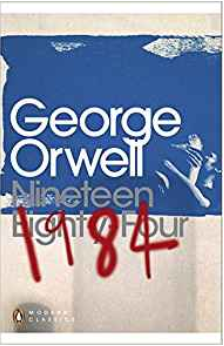
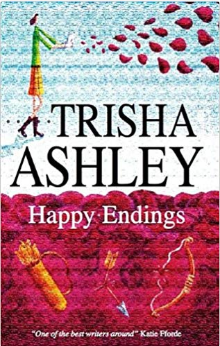
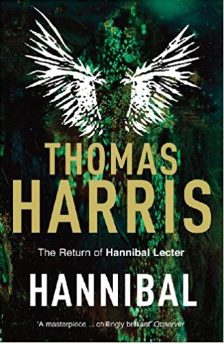
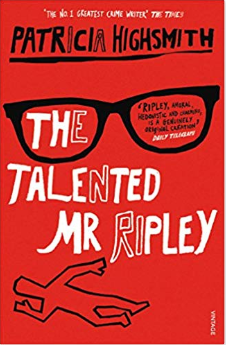
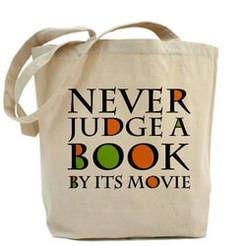
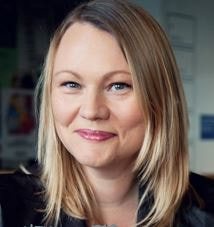
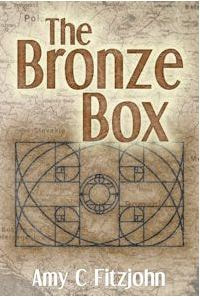
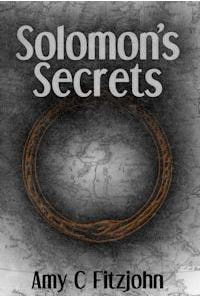
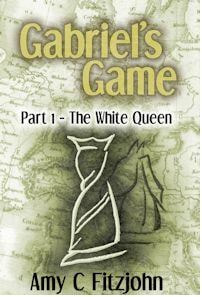
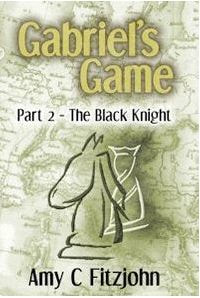
 RSS Feed
RSS Feed
